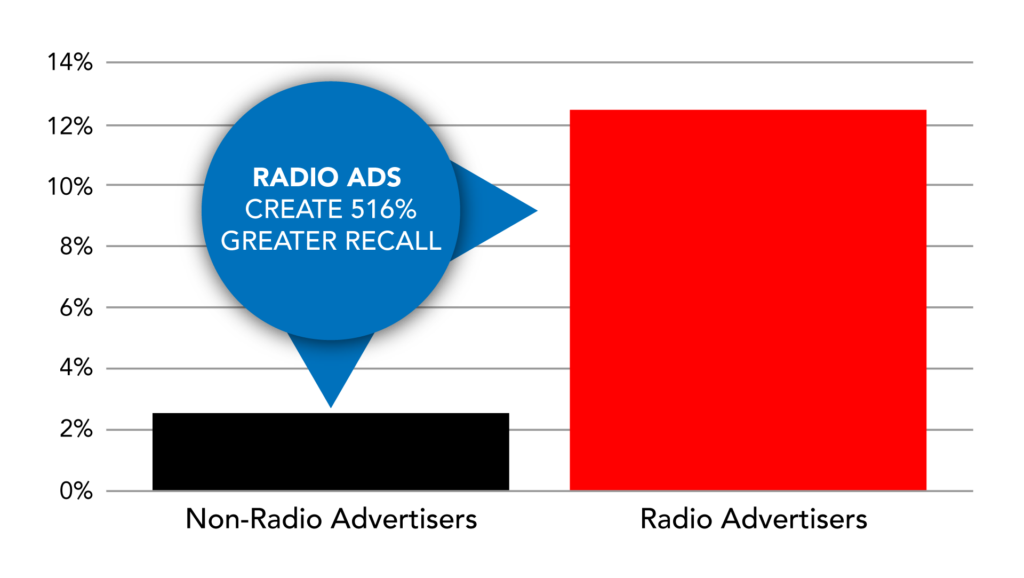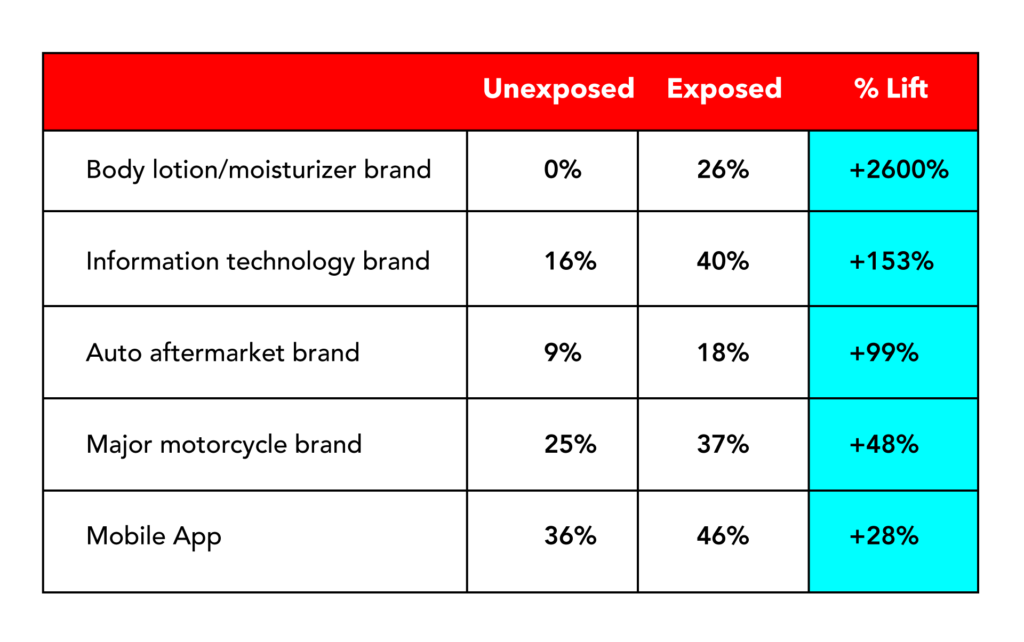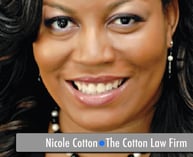 The 10 most memorable brands in America have something in common. They all advertise on Fayetteville radio.
The 10 most memorable brands in America have something in common. They all advertise on Fayetteville radio.
According to the YouGov Brand Index, the brands whose commercials generate the highest awareness are Geico, McDonalds, Verizon, AT&T, Walmart, Subway, Direct TV, T-Mobile, Progressive, and Walgreen’s.
If you were one of the 288,496 people who tuned into a Fayetteville radio station last week, then chances are you heard the ads for these companies. All 10 are among the biggest users of radio advertising.
What is Branding
So, what is branding and why is it necessary for every business owner in Fayetteville to be concerned about it?
Seth Godin, who was inducted into the Direct Marketing Hall of Fame for making Yahoo! a house hold name defines banding in these terms: "A brand is the set of expectations, memories, stories and relationships that, taken together, account for a consumer’s decision to choose one product or service over another. If the consumer (whether it’s a business, a buyer, a voter or a donor) doesn’t pay a premium, make a selection or spread the word, then no brand value exists for that consumer.”
For branding to translate into to a sale, consumers must be able to recall a brand’s promised benefits at the point of purchase. It makes sense: you don’t buy what you don’t remember.For decades small business owners have used radio advertising on Fayetteville radio as a potent, yet affordable way, to keep their brands top of mind.
Radio Ads Keep Brands Top Of Mind
Local Ad Recall, a research company that measures the effectiveness of advertising, found that brand recall was five times higher for companies that advertised on radio versus the companies that did not. Consequently, Fayetteville small business owners who advertise on radio have a much better chance of being recalled and, therefore, frequented by prospective customers than companies that do not advertise on radio.

Consumer insight company, Nielsen found similar results. Across several different business categories, on average, radio advertising improved recall by 82%. The businesses measured were a health and beauty company; an information technologies company; an auto aftermarket retailer; a motorcycle company; and a mobile app company.

Tips To Create A Memorable Radio Commercial
There is no single formula for creating effective ads on Fayetteville radio. What follows, though, are 11 proven guidelines to assist in the creation of an effective radio commercial.
- Start strong… a listener’s attention needs to be engaged within the first 3 or 4 seconds of a commercial.
- Be concise… use only words and sounds that link to the marketing objective. Extraneous words or too many selling points will cause a listener to disengage.
- Be consistent… use the same voices, music, and sounds to establish an audio identity across commercial campaigns. This can trigger instant brand recall.
- Be repetitive… the name of the advertiser should be repeated often to allow for an ebb-and-flow of a listener’s attention.
- Add surprise… a listener’s attention is drawn to the unexpected. This can be achieved by using multiple voices, interesting word choices, avoiding clichés, and changing the speaker’s tones and volume.
- Tell a story… listeners are hardwired to emotionally respond to features and benefits when presented in story-form rather than as a list. The advertiser should be the hero of the story.
- Write for the ear… radio commercials should sound like the way we speak, not the way we write. Humans don’t apply the same set of rules to speech that they do to written communication. When speaking, we often use broken sentences, non-sequiturs, and awkward phrasing. A listener’s attention is more likely to be drawn to this type of natural speech.
- Talk… listeners prefer to be “talked with” not “announced at”. Stereotypical radio voices should be replaced with the same tones and manner used to talk with friends.
- Use humor cautiously… humor is a good way to command attention but can be difficult to execute well. Be certain that the humor in a radio commercial will resonate positively with the target consumer.
- Finish strong… not every listener will engage with a commercial at the same time. So, it is critical to finish by reinforcing the key points presented throughout. This includes restating the advertiser name and the key marketing message.
- Expand… there is no reason an advertising campaign can’t use multiple commercials. In fact, it is encouraged as long as the first 10 guidelines on this list are adhered to…especially #3.
Memorable Radio Ads Prove Successful For Fayetteville Small Business Owner
Creating memorable radio commercials for Fayetteville radio has been successful for many North Carolina small businesses brands. This includes the Law Cotton Law Firm.
Nicole Cotton, the firm’s principal attorney, began using radio in 2010 shortly after opening her first law office in 2010.
 “I used my radio advertising to build my personal brand,” recalls Ms. Cotton. “I wanted everybody to believe they could talk to me and I would listen. So, I used my own voice in every commercial to tell people that, like my name, Cotton, I was soft enough to listen and to care. But I was also tough enough to get things done.”
“I used my radio advertising to build my personal brand,” recalls Ms. Cotton. “I wanted everybody to believe they could talk to me and I would listen. So, I used my own voice in every commercial to tell people that, like my name, Cotton, I was soft enough to listen and to care. But I was also tough enough to get things done.”
“Within 3 months,” she recalls, “people were coming up to me every single day and repeating that slogan.”
Based on the billings she generated from her current clients, her radio advertising, and her personal drive to succeed, Ms. Cotton was able to open her second office in Fayetteville a year later.
Recently, another Fayetteville small business owner asked Ms. Cotton’s advice about using local radio. “To be successful, it’s important to let customers know you’re an option. Your competitors are already out there. You need to be on the radio to let the community know you are here and what you do that is unique.”
“Advertising on the radio,” Ms. Cotton concludes, “gives your business credibility.”



